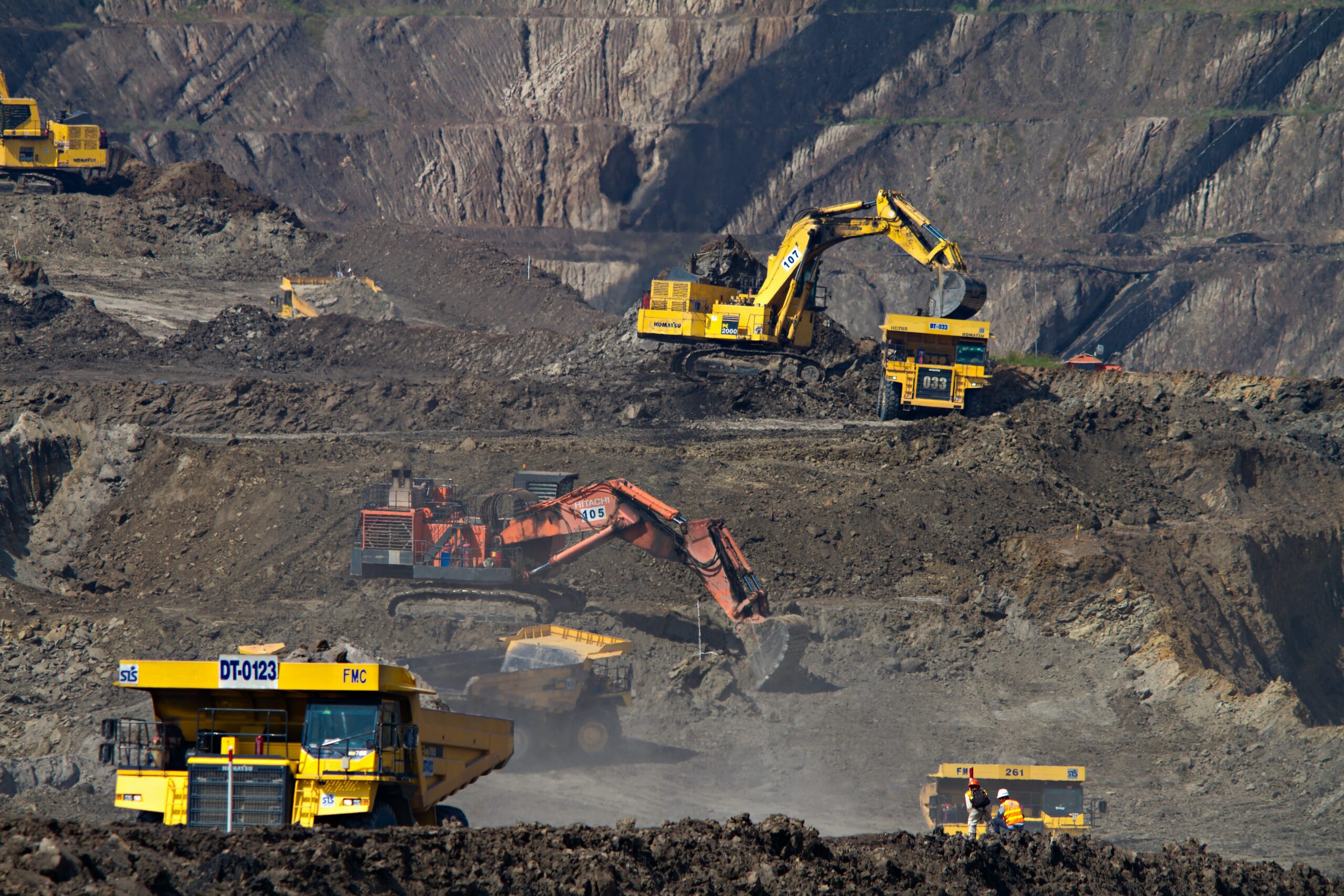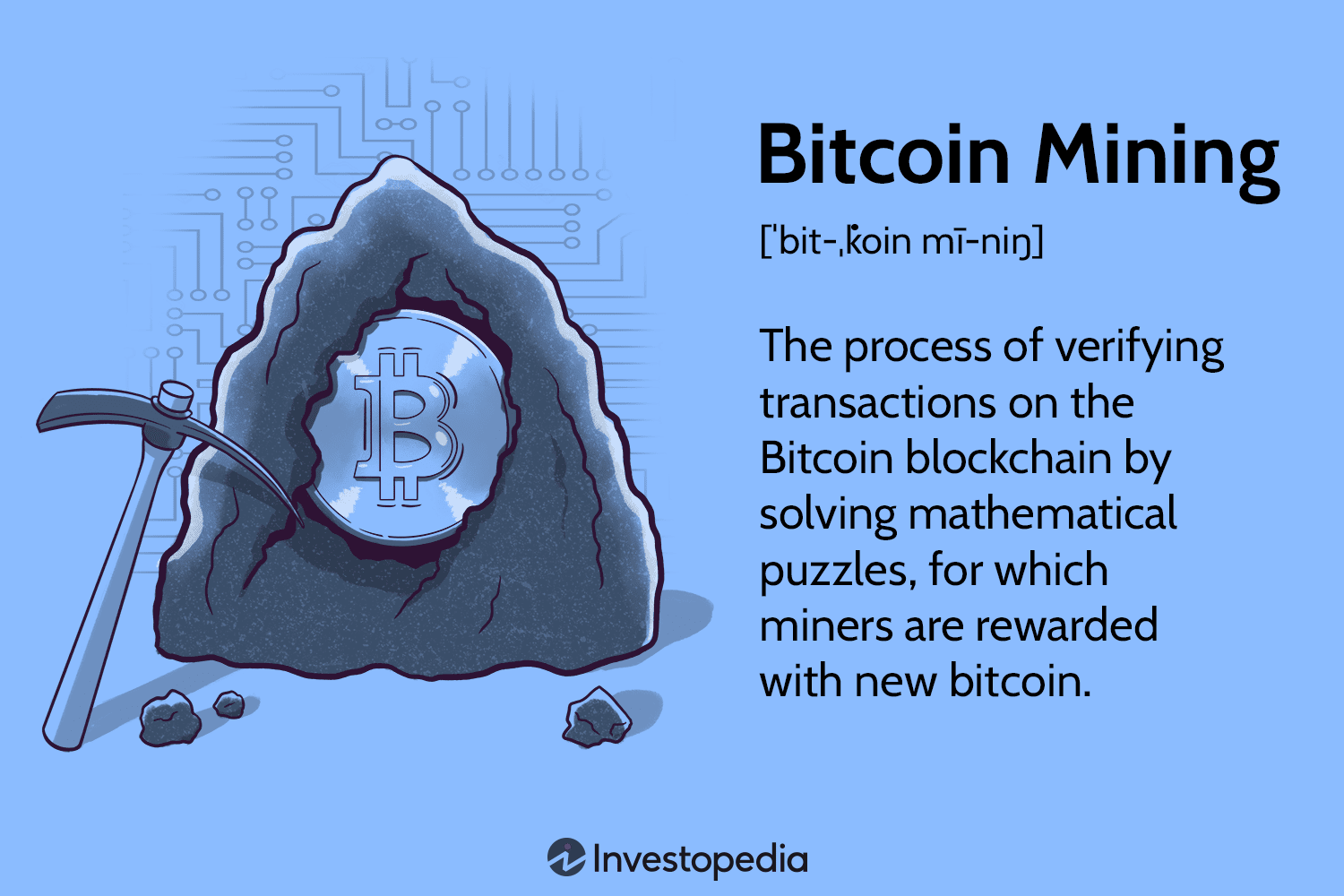Mining regulations are a set of rules and guidelines designed to govern the extraction of minerals and other resources. These regulations aim to balance the economic benefits of mining with the need to protect the environment and public health.
Key Areas of Mining Regulations
- Environmental Protection: Mining regulations often include provisions to protect air quality, water quality, and land resources. This may involve requirements for environmental impact assessments, waste management plans, and reclamation of disturbed land.
- Worker Safety: Regulations also address the safety of miners, including requirements for safe working conditions, emergency procedures, and health and safety training.
- Land Use: Mining regulations may limit the areas where mining can take place, particularly in sensitive ecosystems or protected areas.
- Taxation: Governments often impose taxes on mining operations to generate revenue and to discourage harmful practices.
- Social Responsibility: Some mining regulations require companies to address the social and economic impacts of their operations, such as providing jobs and supporting local communities.
Challenges in Mining Regulation
- Enforcement: Ensuring compliance with mining regulations can be challenging, particularly in remote areas or when companies may have incentives to avoid regulations.
- Balancing Interests: Balancing the economic benefits of mining with environmental protection and social responsibility can be difficult.
- Technological Advancements: New mining technologies may require updates to existing regulations.
- International Cooperation: Mining often involves international trade and investment, making it necessary to coordinate regulations across different countries.
Examples of Mining Regulations
- The Comprehensive Environmental Response, Compensation, and Liability Act (CERCLA) in the United States is a federal law that holds responsible parties liable for the cleanup of hazardous waste sites, including those associated with mining.
- The European Union’s End-of-Waste Regulation sets criteria for when waste from mining activities can be considered a secondary raw material, encouraging recycling and waste reduction.
- The International Council on Mining and the Environment (ICMA) is a non-profit organization that promotes sustainable mining practices and develops guidelines for mining companies.
Would you like to learn more about a specific mining regulation or its impact on the environment?

